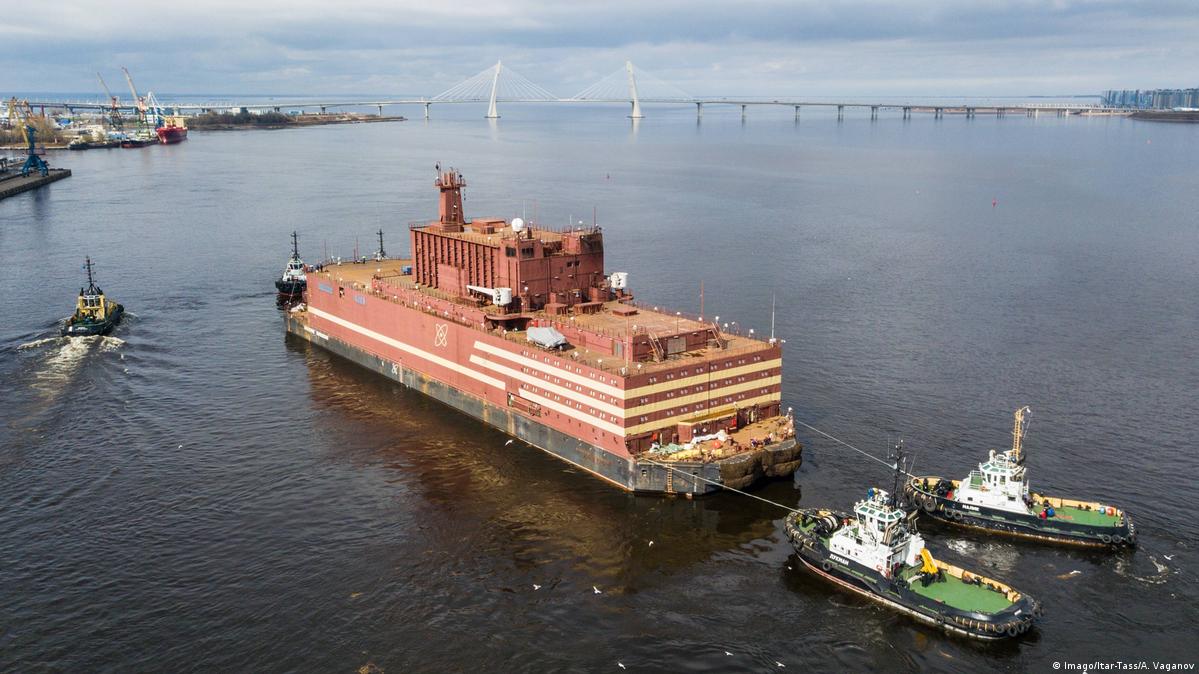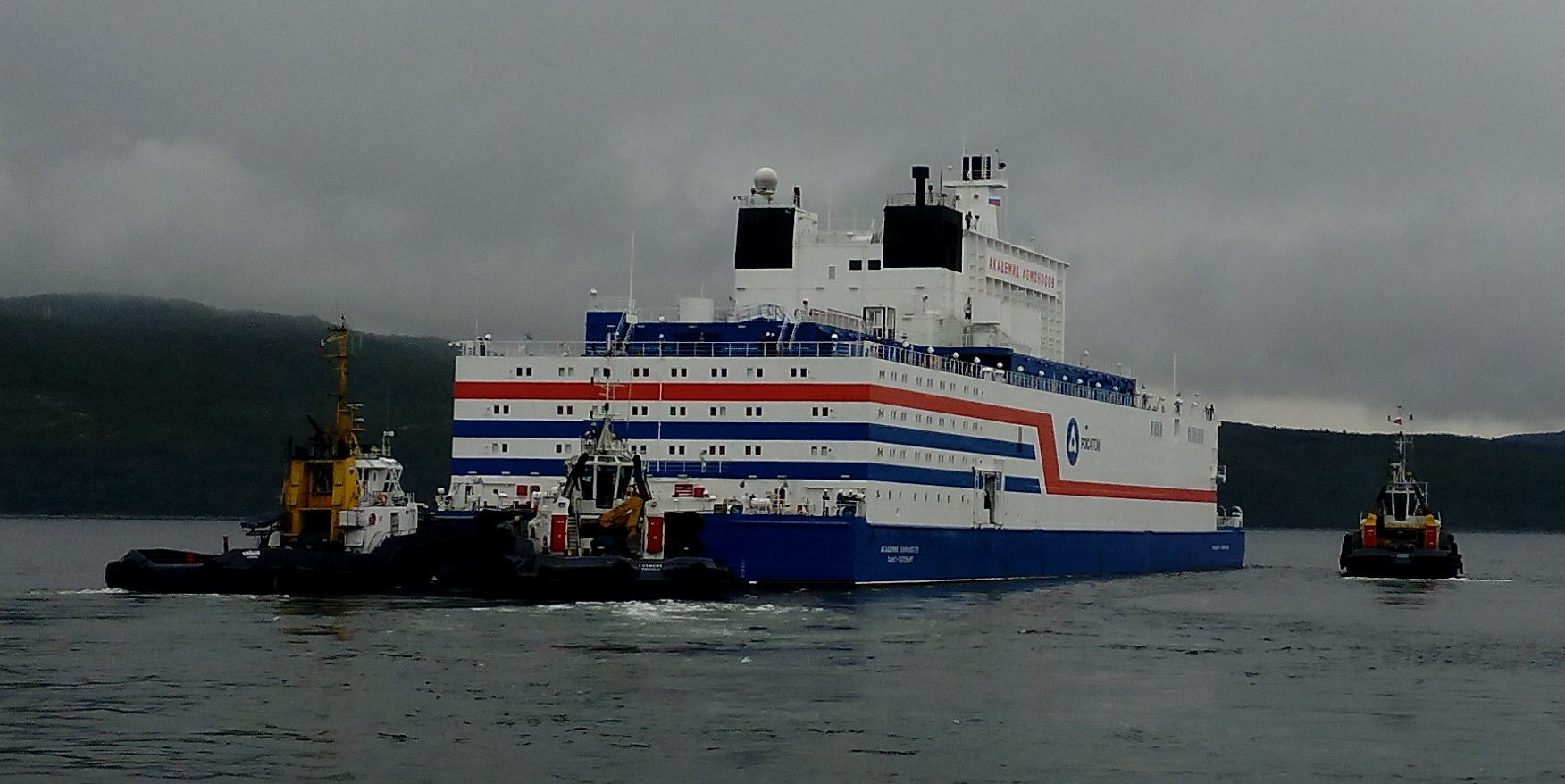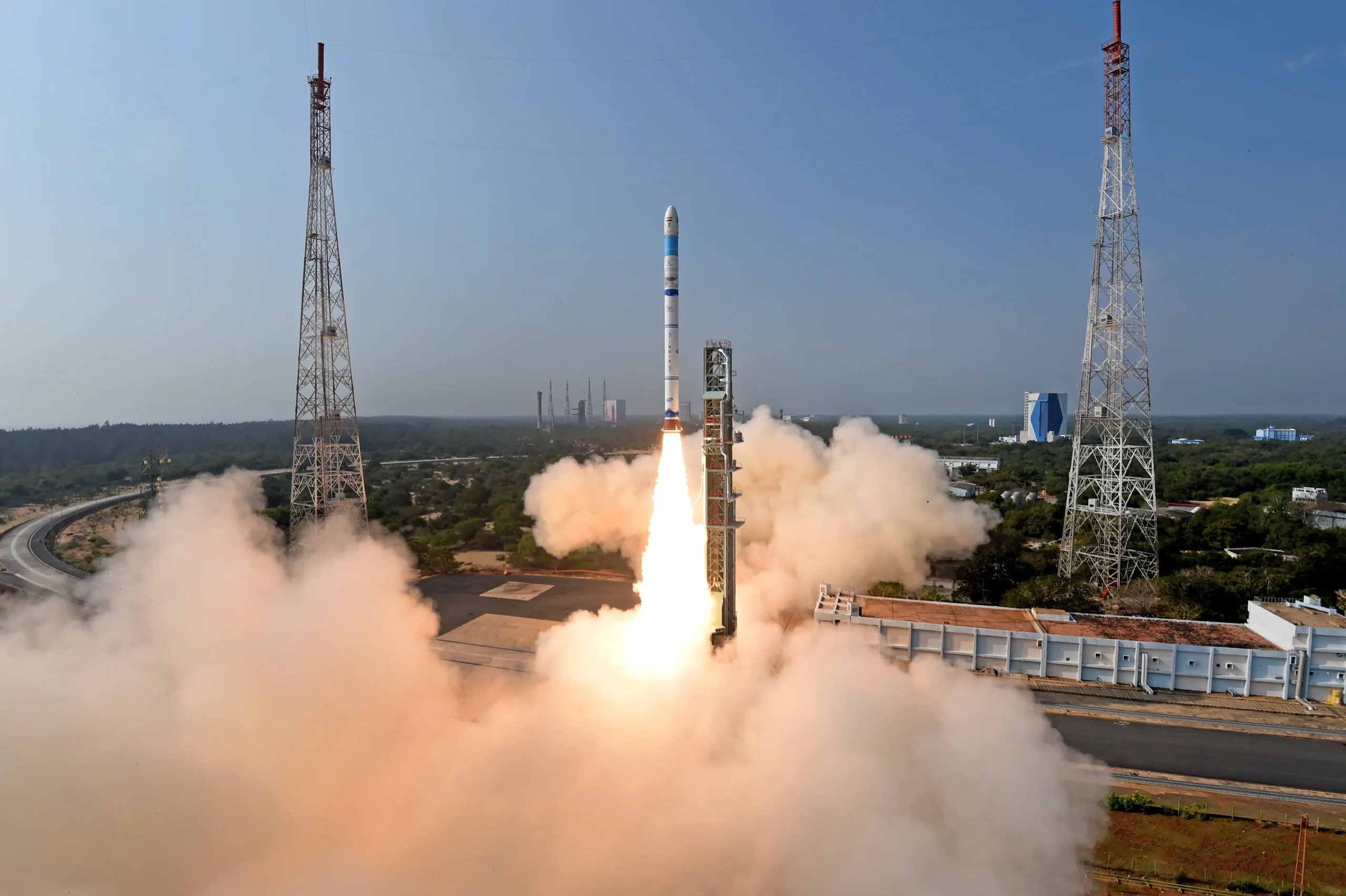
Russia Offers Floating Nuclear Power Plant Tech to India
In a huge improvement in the worldwide energy area, Russia has stretched out a proposal to India to share its high level Floating Nuclear Power Plant (FNPP) innovation. This recommendation comes when India is investigating different roads to satisfy its thriving energy needs while sticking to its responsibilities towards decreasing fossil fuel byproducts. The coordinated effort might actually stamp another section in Indo-Russian relations, accentuating energy security and manageable turn of events.
Background
Russia’s Floating Thermal Power Plant Skill
Russia is a trailblazer in the turn of events and organization of drifting thermal energy stations. The nation sent off the world’s most memorable FNPP, the “Akademik Lomonosov,” in 2019. This plant, worked by Rosatom, the Russian state nuclear power organization, has exhibited the feasibility of portable atomic power age. The FNPP can be conveyed in far off regions, giving a consistent and dependable energy supply without the requirement for broad framework.

India’s Energy Needs
India, with its quickly developing economy and populace, faces a significant expansion in energy interest. Right now, the nation depends vigorously on coal, which contributes essentially to air contamination and ozone depleting substance emanations. As a component of its responsibility under the Paris Understanding, India means to upgrade its non-petroleum product power limit and decrease the carbon force of its economy. Drifting thermal energy stations could assume a urgent part in accomplishing these objectives by giving a perfect, effective, and versatile energy source.
Strategic Implication
Reinforcing Indo-Russian Relations
The proposal of FNPP innovation represents an extending of the essential organization among Russia and India. By and large, the two countries have areas of strength for shared, especially in the space of safeguard, space, and thermal power. By stretching out its FNPP skill to India, Russia not just builds up its job as a critical partner yet in addition opens new roads for mechanical and financial participation.
Improving Energy Security
For India, the reception of FNPP innovation could essentially upgrade its energy security. These plants can be positioned off the coast or close to distant regions, guaranteeing a ceaseless inventory of power without the calculated difficulties related with customary power plants. This adaptability is especially advantageous for island domains and far off waterfront areas, where framework improvement is testing and costly.
Technical Aspects of FNPPs you need to know
Plan and Usefulness
Drifting thermal energy stations are basically independent atomic reactors mounted on barges. These reactors are intended to work in brutal marine conditions and are furnished with cutting edge wellbeing highlights. The Akademik Lomonosov, for example, houses two KLT-40S reactors, each equipped for creating up to 35 MW of electric power or 150 MW of nuclear energy. These reactors use low-enhanced uranium fuel, which should be supplanted at regular intervals.
Safety Measures
safety is a foremost worry in atomic power age. FNPPs integrate various security frameworks to forestall mishaps and alleviate possible dangers. These incorporate high level cooling frameworks, supported body structures, and computerized closure components. Also, the portability of FNPPs permits them to be created some distance from risk zones in the event of cataclysmic events, further improving their wellbeing profile.
Ecological Effect
One of the critical benefits of FNPPs is their insignificant ecological impression contrasted with ordinary petroleum product plants. They produce zero ozone harming substance discharges during activity and have tough conventions for squander the executives. The FNPPs’ plan additionally limits the gamble of radioactive defilement, with powerful control frameworks guaranteeing any holes are quickly contained and made due.
Monetary Contemplations
Cost-Viability
While the underlying interest in FNPP innovation is significant, the drawn out financial advantages are extensive. FNPPs offer lower functional and upkeep costs contrasted with customary atomic plants. In addition, their versatility decreases the requirement for broad land-based framework, eliminating related development and land securing costs.
Potential for Job Creation
The organization of FNPPs in India could animate work creation across different areas. The development, activity, and upkeep of these plants require a gifted labor force, prompting open doors in designing, sea administrations, and atomic innovation. Also, nearby ventures could profit from the expanded interest for auxiliary administrations and supplies.
Difficulties and Contemplations
Administrative and Security Concerns
Taking on FNPP Technology includes exploring a complex administrative scene. India would have to lay out severe security and ecological guidelines customized to drifting atomic plants. Cooperation with worldwide atomic administrative bodies could work with this interaction, guaranteeing consistence with worldwide security norms.
Public Discernment and Acknowledgment
Public impression of Nuclear power stays blended, with worries about wellbeing and ecological effect. Successful correspondence techniques and local area commitment are urgent to tending to these worries. Featuring the wellbeing highlights and ecological advantages of FNPPs can assist with building public trust and acknowledgment.
Technical Adaptation
Incorporating FNPPs into India’s current energy framework requires cautious preparation and transformation. Guaranteeing similarity with the public lattice, laying out strategic emotionally supportive networks, and preparing staff are fundamental stages in this progress. Cooperative endeavors among Indian and Russian specialized specialists can smoothen this cycle, utilizing the ability and experience of the two countries.
Extension to Different Areas
The progress of FNPPs in power age could prepare for their application in different areas. For example, FNPPs can uphold desalination projects, giving new water in dry districts. They can likewise be utilized in seaward oil and gas investigation, providing energy to remote apparatuses and stages. Investigating these applications can boost the utility of FNPPs and drive more extensive financial advantages.
Russia’s proposal to share its Floating Nuclear Power station tech with India addresses a turning point for the two countries. For India, FNPPs offer a practical answer for its energy challenges, promising a spotless, solid, and versatile power source. For Russia, the cooperation reinforces its essential association with India and features its innovative ability. As the two nations cooperate to outfit the capability of FNPPs, they can start a trend for worldwide participation in feasible energy improvement.
This organization tends to prompt energy needs as well as lays the basis for a more supportable and secure energy future. By embracing imaginative advances like FNPPs, India can take critical steps in its excursion towards energy freedom and natural stewardship.





